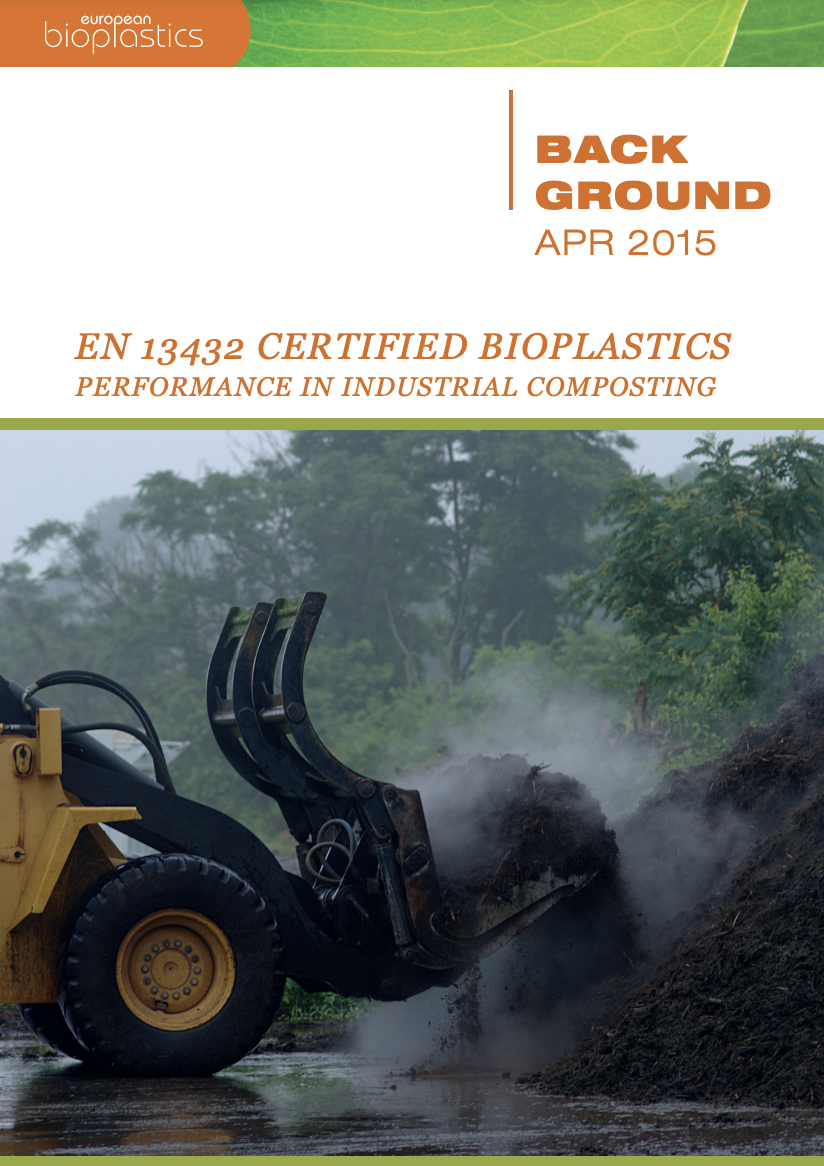The Directive on Packaging and Packaging Waste (PPWD) was first issued in 1994. Its main purpose was to increase the recovery rate of packaging waste and to cut disposal (landfilling). Apart from mechanical recycling also biological (organic) recycling was defined, and a specific standard for identifying “packaging recoverable by means of biodegradation and composting” was requested from CEN. The standard prepared under the EC Mandate M2002 was finalised in 2000 at the same time as other standards on reuse, mechanical recycling and energy recovery. However, it was the only one to be immediately accepted by the EC as a harmonised standard, while another round of standardisation work was required for the others.
The EN 13432 standard “Packaging – Requirements for packaging recoverable through composting and biodegradation – Test scheme and evaluation criteria for the final acceptance of packaging” specifies requirements and procedures to determine the compostability and anaerobic treatability of packaging and packaging materials. It addresses the following characteristics: biodegradability, disintegration during biological treatment, effect on the biological treatment process and effect on the quality of the resulting compost. Typical examples of compostable plastics are cellulose films, starch blends, polylactic acid and PBAT. Biodegradability does not depend on the origin of the material but exclusively on its chemical structure. The term bioplastics thereby refers to plastics that are biobased, biodegradable or both.
This paper aims to show that the requirements for bioplastics to be certified according to EN 13432 are well described and more than sufficient to make them processable for industrial composting. Furthermore, EN 13432 certified packaging and bags can positively contribute to an increased collection of organic waste, leading to a diversion of organic waste out of landfills and into biological treatment, thereby reducing methane emissions from landfills.
This paper focuses exclusively on the performance of EN 13432 certified plastics in industrial composting and does not consider its suitability for home composting or other means of disposal. The paper begins by introducing the most important aspects of EN 13432 and provides insight into existing composting infrastructures and mechanisms.
